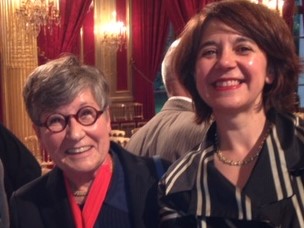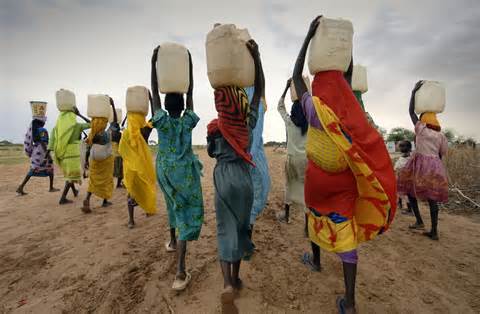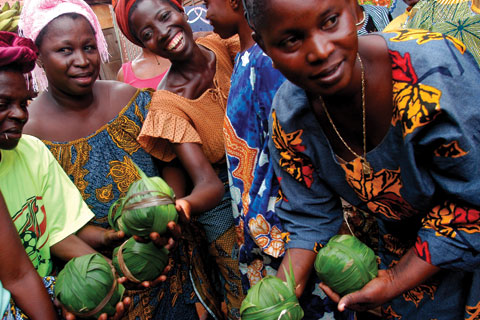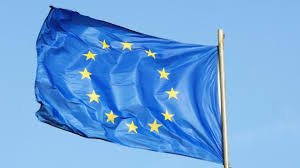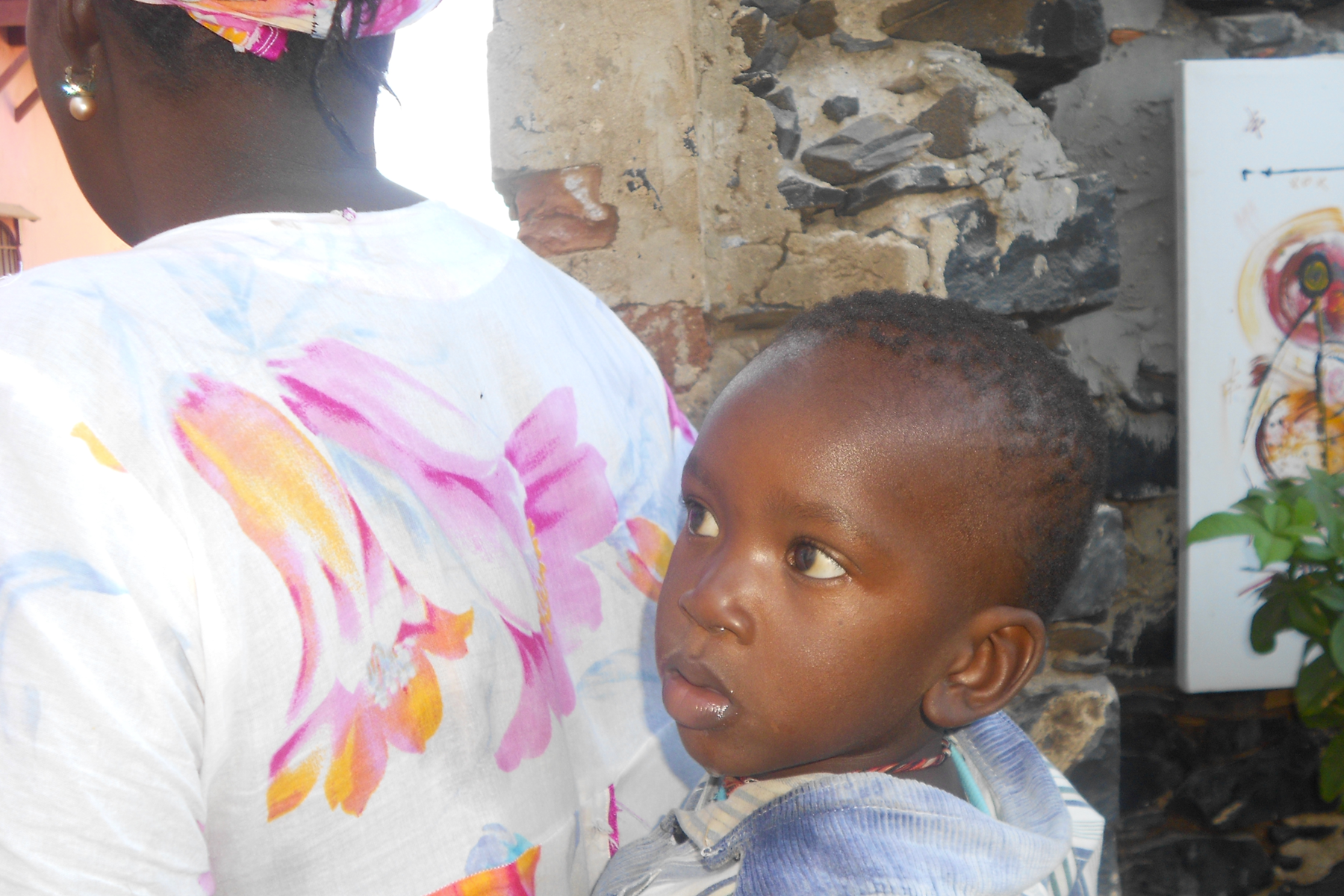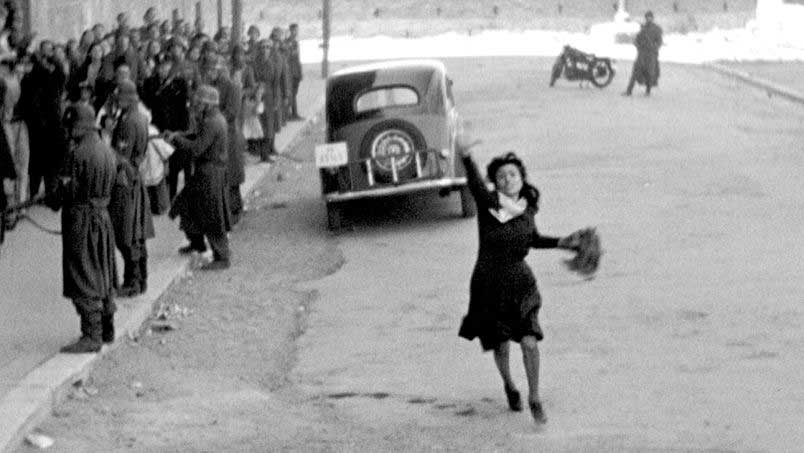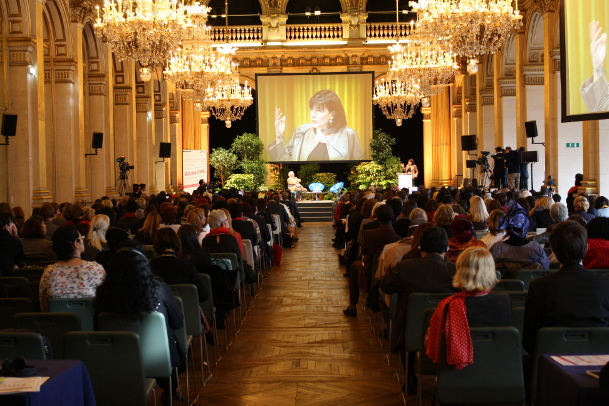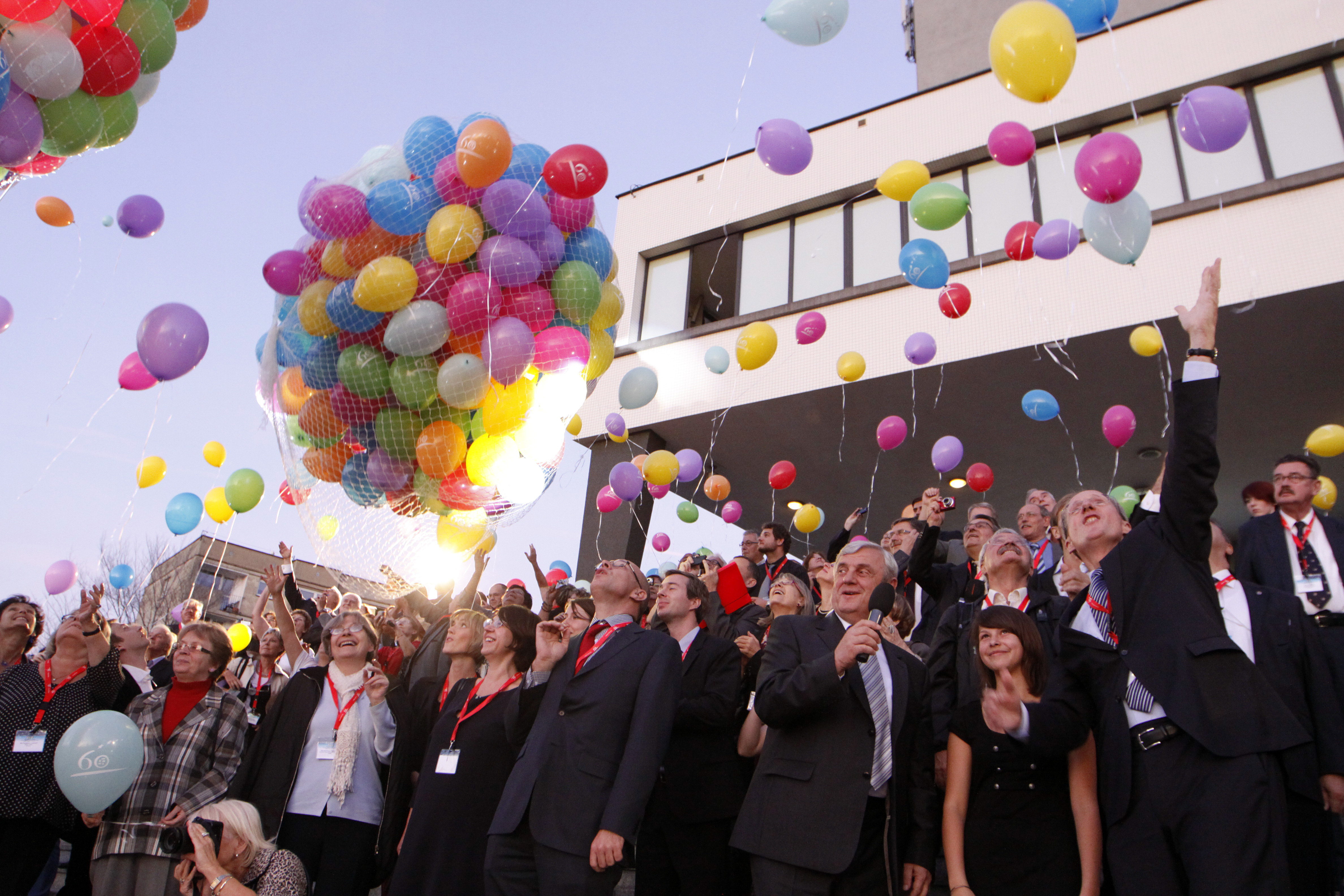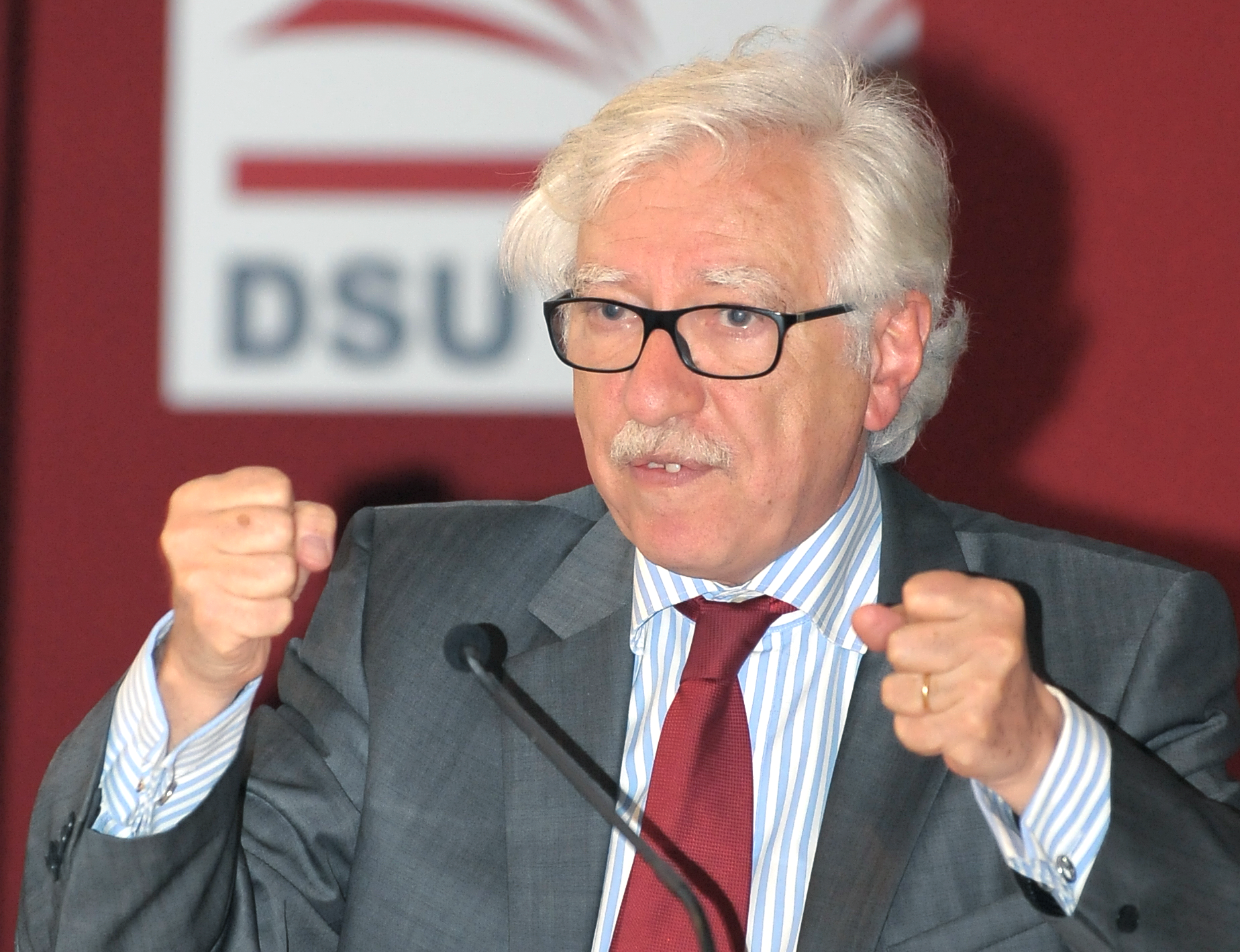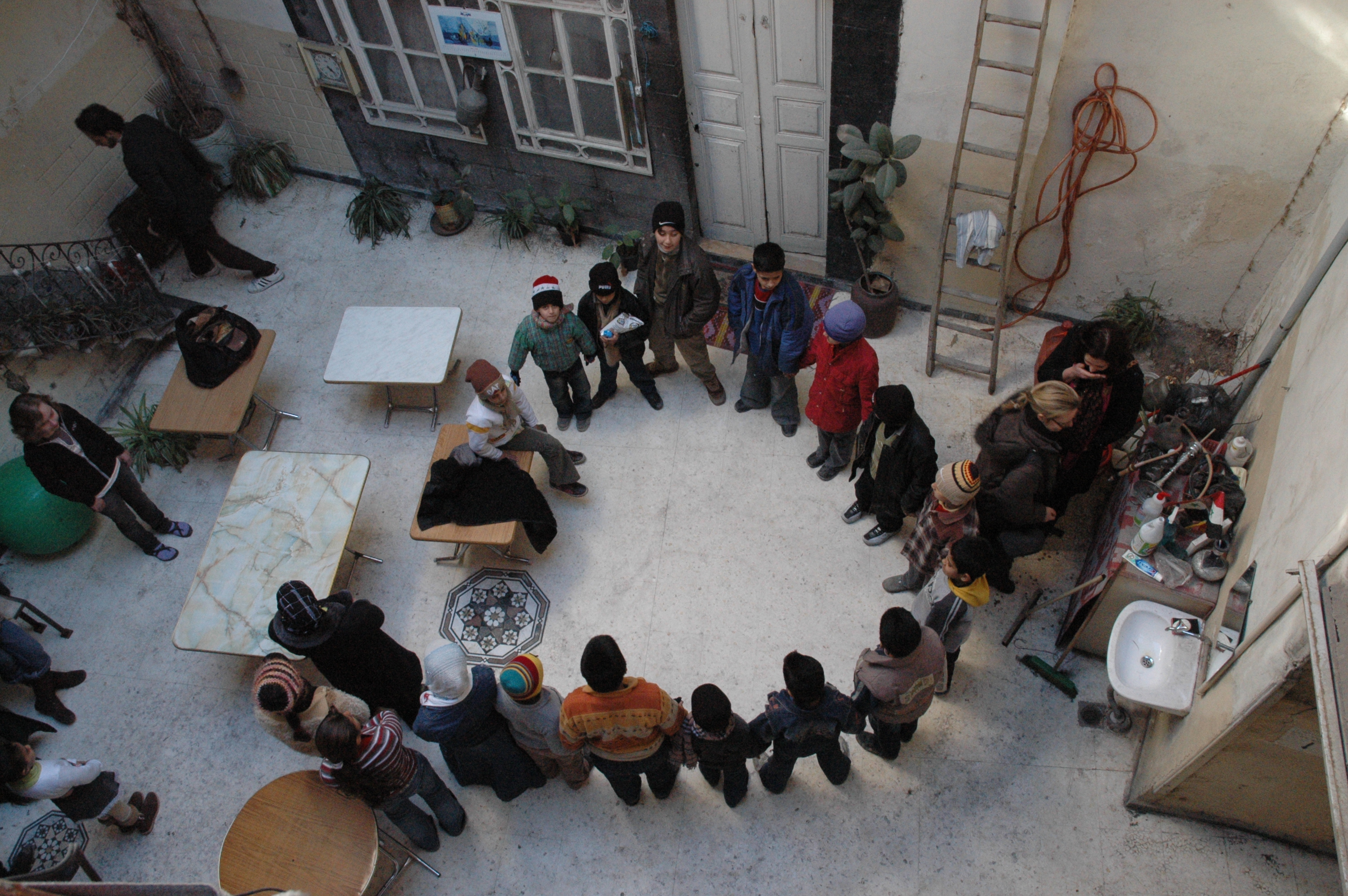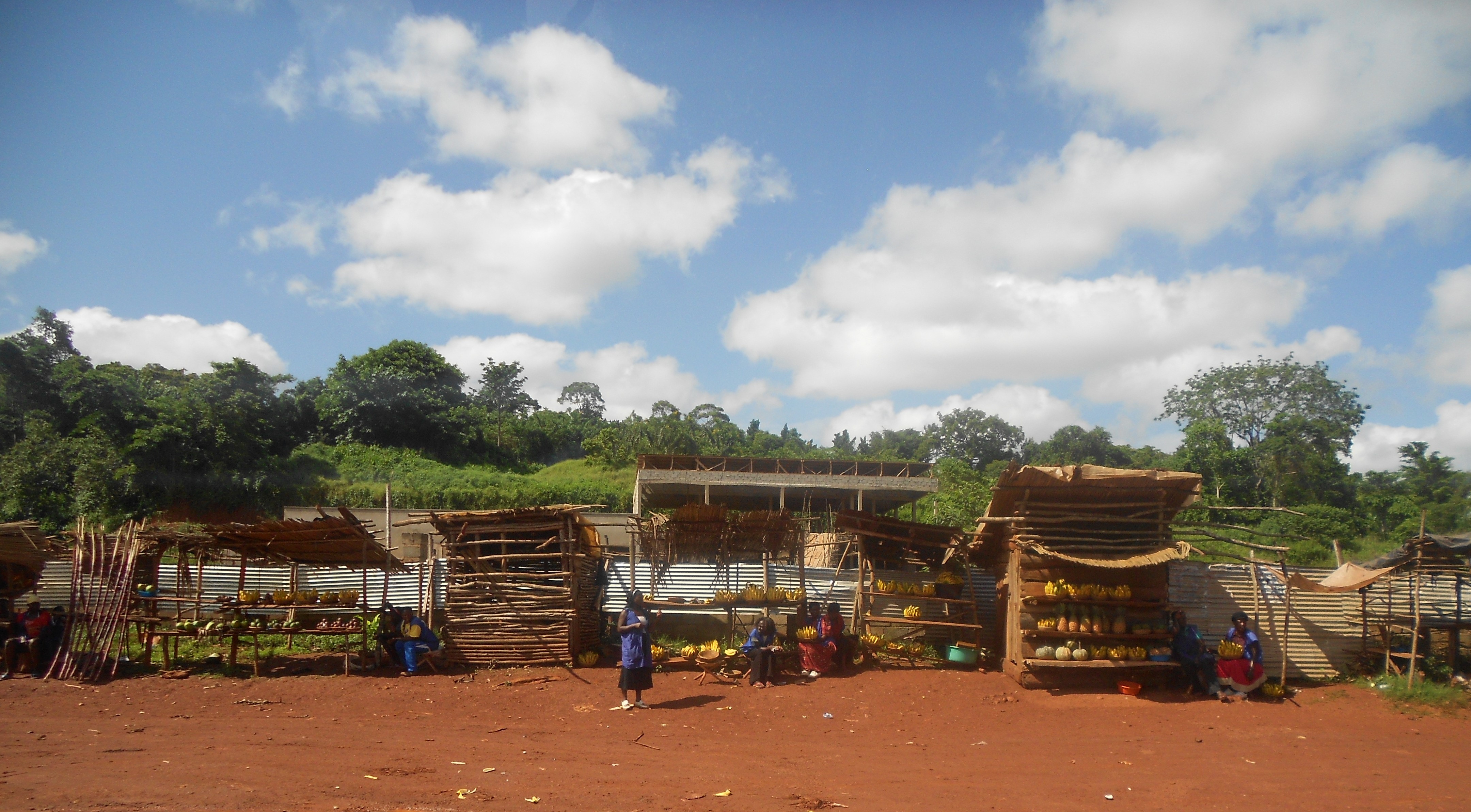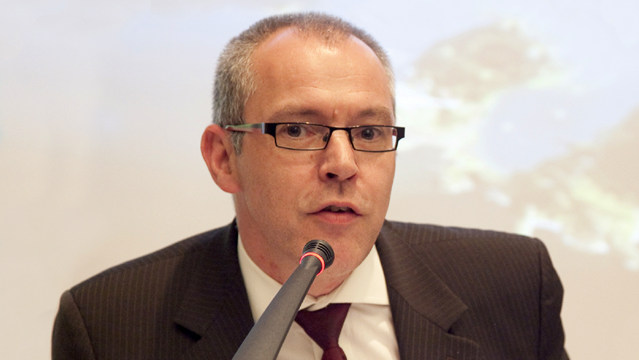Capacity Building for Gender Equality at local level

The UCLG CIB Working Group (1) , which brings the professional responsible for international cooperation of cities and local governments together, has recently launched its publication on “Capacity Building for Gender Equality at the local level”. Proud of being the author of this publication.
I thank the UCLG CIB working group for calling me to work on this publication which represents the first step on a reflection about the place of gender in capacity building cooperation. I want to add that the CIB working group has been the first UCLG working group which has concretely taken in charge the commitment encouraged by the UCLG Gender Global Strategy to see gender mainstreamed in all the activities and working groups of the World organisation of local governments! For this reason I wish to congratulate very sincerely the CIB Working Group and his secretariat for this initiative.
It has been a pleasure and a great honour for me to contribute to this reflection! It seems long time ago already! We had a nice and fruitful first working meeting on the topic with all the members of the CIB working group in Wien. It was September 2019, before the terrible Covid time which has changed our lives and our society. During that meeting I met and exchanged with the CIB members on the objective of this work; a really interesting moment during which I could learn from the different colleagues who participated at the meeting, representing local governments associations and local governments from all over the world – from Canada to Cambodia, from the Netherlands to South Africa, from Sweden to Barcelona, from the Philippines to Turkey – about their different experiences, situations and views on this matter. This first contact enabled me to establish a human relation with them and start a real collaboration which has produced this publication, as final result.
The first content was in fact based on a questionnaire prepared with the colleagues of the CIB secretariat (2), which allowed me to have a general vision of the background scene on gender and propose a draft which has been deeply analysed and discussed with the members and then finalised with the secretariat, especially the colleagues from VNG International and FCM (Federation of Canadian Municipalities).
The foreword of the publication written by the Director of VNG Peter Knip explains well the aim of the work and why this publication is important. Peter says “When designing and implementing international development projects and programs one should carefully consider the different roles of women and men in society because such differences demand different approaches. The purpose of integrating gender concern in the analysis, formulation and monitoring of project …is a means to promote gender equality and the empowerment of women in order for them to get equal access to and control over resources, access to municipal services, information, decision-making and opportunities to develop”. He adds that

the aim of this first publication is “to give an overview and an inventory, highlighted by concrete cases, of what is happening in the field of promoting gender equality in the international work of the UCLG membership”.
With that in mind the publication presents, in separated chapters: i) the enabling environment for gender in the world; ii) the UCLG ‘s work on gender equality; iii) capacity building for gender equality; iv) Suggestions for gender equality activities within CIB work plans for the newt years v) case studies.
If all these chapters are important for the reader to get acquainted with the subject and learn about gender in local governments and capacity building, especially thanks to the UCLG initiatives and its members on this field, it seems to me that the case studies are a very interesting part as they provide with knowledge and good practices which can be source of inspiration for concrete actions. Besides this part, it was personally very enriching having to reflect on suggestions for gender equality activities within the CIB work plans of the next years; I really hope these ideas will become reality and constitute a practical guide for the future work of the CIB working group on gender.
The greater part of the work was done before the Covid crisis and the publication does not take into account the new environment created and caused by the pandemic, neither on gender equality nor on international cooperation. The UN Secretary General Antoni Guterres has already stated how the Covid-19 pandemic is having a devastating impact on women and girls and the Director of UN Women, Phumzile Mlambo-Ngcuka, has precised that over the 12 months 47 million more women have been pushed into living on less that 1.90 $ per day… and women are under siege from gender based violence, suffering the highest rates of intimate partner violence ever seen”.
It is for sure that all the international cooperation practitioners and the CIB working group and all UCLG members in particular will have to make sure to further reflect on all this. They will also have to adapt their way of working to the consequences of the pandemic on international cooperation.
This publication represents a first attempt to support and guide all this work and the necessary reflection. I hope it will help and that, as expressed by the secretariat and CIB members themselves, it will represent only the beginning of a concrete and sustainable commitment for gender equality in international cooperation for development. I will be happy to continue to support them and their engagement.
1) The UCLG Working group on Capacity and Institution Building is currently chaired by Peter Knip, Director of VNG International. The publication was made possible with the financial support from VNG International, the Federation of Canadian Municipalities, the City of Barcelona, the Generalitat of Catalunya, United Cities and Local Governments.
2) I want to thank Jessie Post with whom I had the pleasure to work for this publication and her colleagues Stan and Joyce.




 All news
All news
